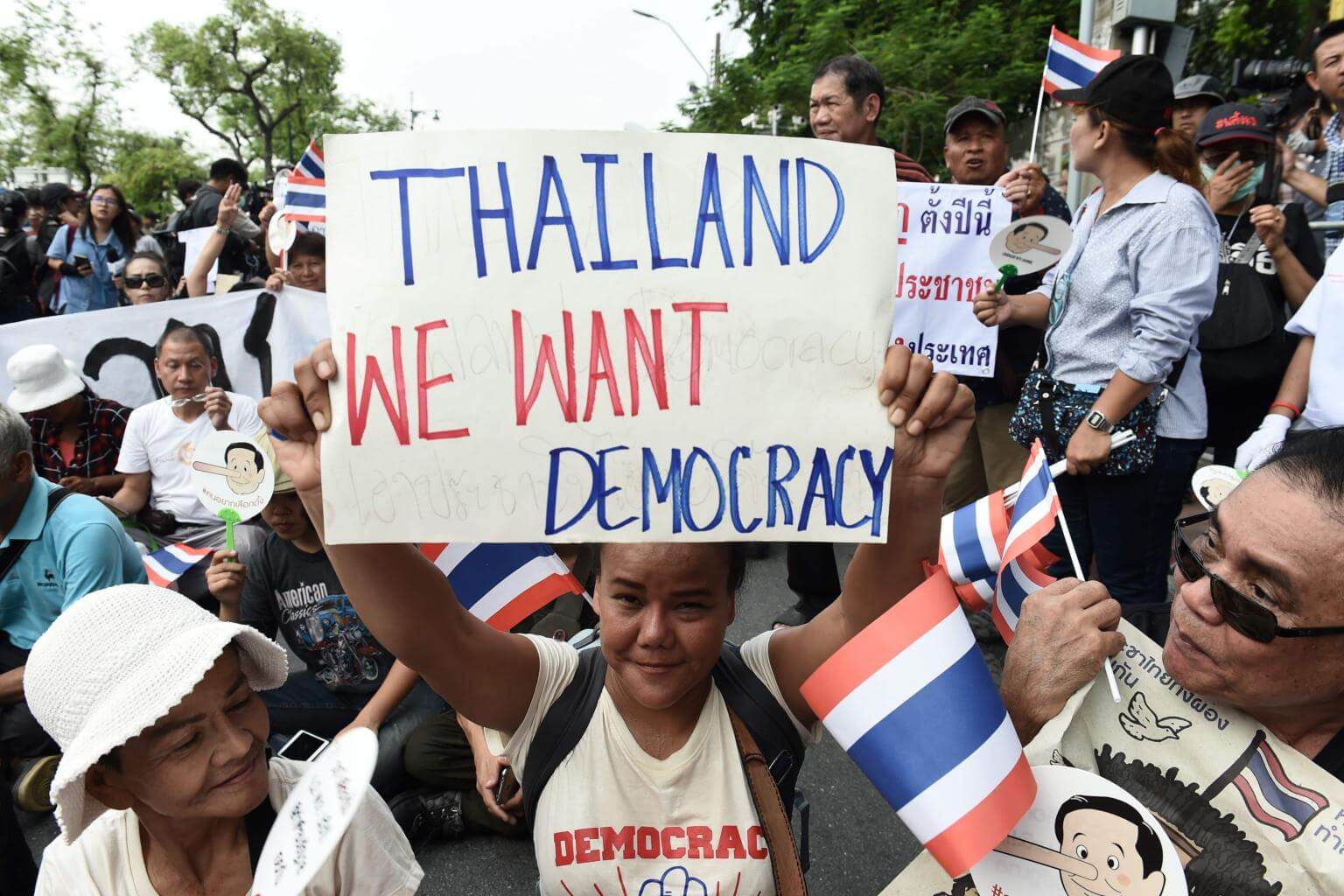Thailand’s Prime Minister Prayut Chan-O-Cha warned pro-democracy activists of increased legal action for planning or organizing protests in a televised address Thursday evening.
The anti-government protests have been occurring almost daily since mid-July, with protesters calling for Prayut’s resignation and the rewriting of the Asian country’s constitution.
Prayut claimed that the protests were “unacceptable to the majority of Thais,” despite consistent large crowds at rallies across the country.
“There are many people out there who are unhappy with the government for doing nothing about this,” Prayut said. So far, two prominent organizers have been arrested for charges of sedition and assembly with intentions of acts of violence.
Amnesty International denounced the arrests and called on the Thai government to end incidents of harassment and intimidation by police officers towards peaceful protesters in a statement released on August 7.
Prayut attempted to quell the unrest and backlash, also emphasizing the necessity of unity across the nation.
“I am now appealing to every Thai citizen, reaching out to you directly to please say no to the politics of hate and division and to the politics that spreads the disease of tribalism of belief versus belief, or young versus old, or rich versus poor,” said Prayut.
What Do Thailand’s Protesters Want?
The protesters demand Prayut’s resignation, the dismantling of Thailand’s parliament, the formation of a new constitution, and the abolishment of the controversial lese majeste law.
The lese majeste law protects Thailand’s royal family from any public defamation. Violators of the law can be imprisoned for up to 15 years.
Activists have taken to social media to bring awareness about their fight for increased democracy, causing the hashtags #RespectThaiDemocracy and #FightWithPanusaya to trend on Twitter.


